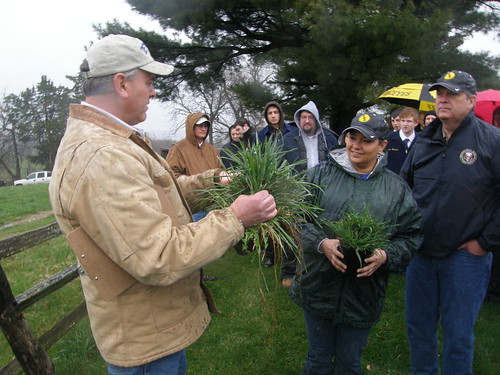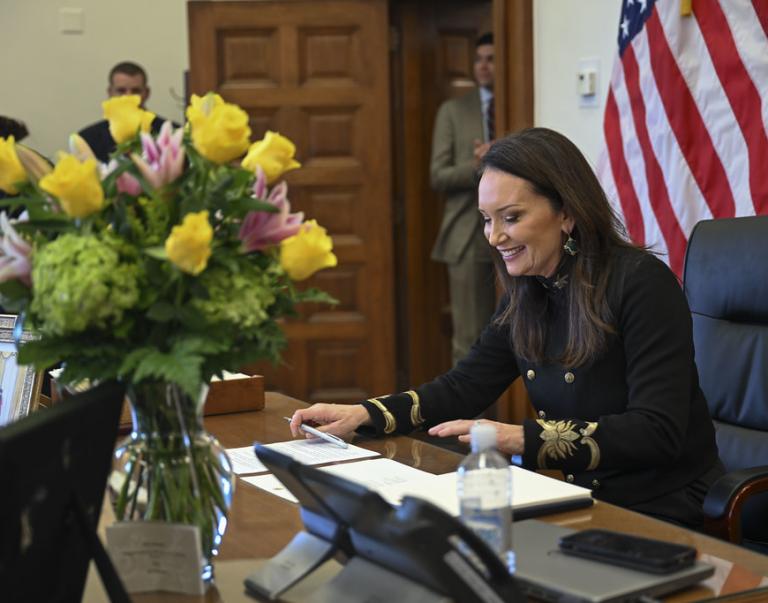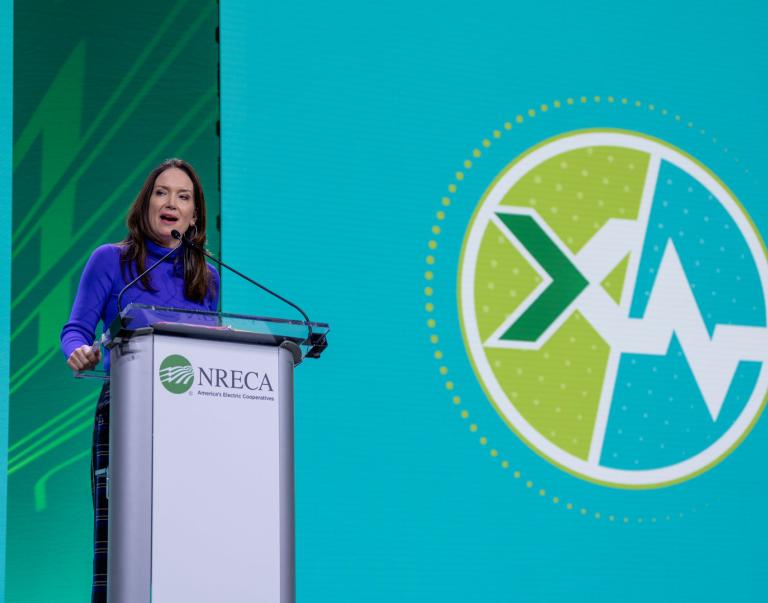
I recently had the pleasure of spending a day with Agriculture Secretary Tom Vilsack and Environmental Protection Agency Administrator Lisa Jackson as we toured rural Iowa seeing first-hand the ways farmers are helping protect our nation’s air and water resources.
Administrator Jackson and Secretary Vilsack were reminded that American farmers are among our nation’s first and finest conservationists. They understand better than anyone that clean water, clear air and healthy soil are the raw materials for agricultural production. From generations of experience, they know that you cannot continually take from the soil without giving back, and they have made incredible strides to protect the land they rely on.
Here’s a little of what we saw and learned on the first stop of the day at the Collins farm just outside Pleasantville. The farm, which has been in the family for 104 years, and 30-head cow/calf operation, are run by Monty Collins and his family.
The number of conservation techniques used on the rolling farm is amazing. Monty commented that there is not a flat piece of land on the farm, including the yard, and I believe him.
A day before we visited, Monty turned the cattle out into a pasture that is divided into eight paddocks. Every three to five days during the growing season the cattle will be moved to a new paddock. Monty is a firm believer that raising cattle using rotational grazing systems makes them calmer, healthier and ultimate helps with food safety.
Cattle waterers in the paddocks are moved on a regular basis and at no time are the cattle more than 800 feet from water. This helps in minimizing ruts and paths in the pasture. In fact, Monty was a little embarrassed when he showed the Secretary a high-traffic area with bare ground that had turned into mud during the day’s rain.
In 1994, the Collins family worked with the USDA to help cost share a large fencing project on the farm that keeps the cows away from the vast acres of trees and streams that run through farm which located in the watershed to Lake Red Rock, one of Iowa’s largest bodies of water. Finally, the entire farm is seeded to grass and grazing and row crops have not been planted on the farm in 25 years.
Monty credits the conservation practices with helping control erosion, improving the health of the farms’ trees and streams, as well as to an increased wildlife presence around the farm.
We also learned during our visit that when not working on the farm, Monty is the vocational ag teacher at Pleasantville High School. Many of his students were on hand during our visit.
Those students are lucky to have a great conservationist teaching them.
Last year the Collins family purchased the connecting farm and they plan to turn it into permanent grazing like their century farm. When we were leaving Monty was quick to point out that this summer his teenage son Ross already has his summer job lined up – fence making!




